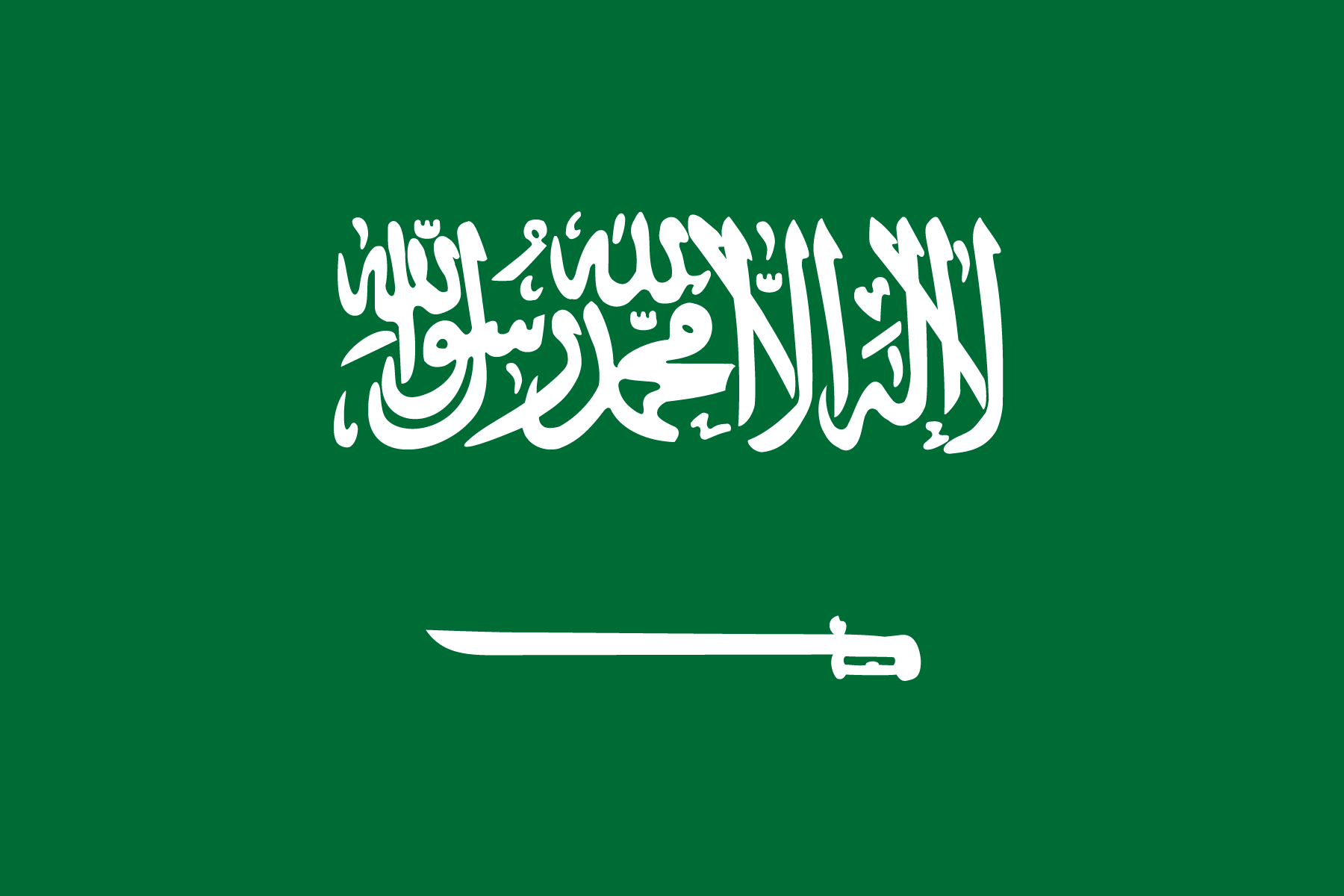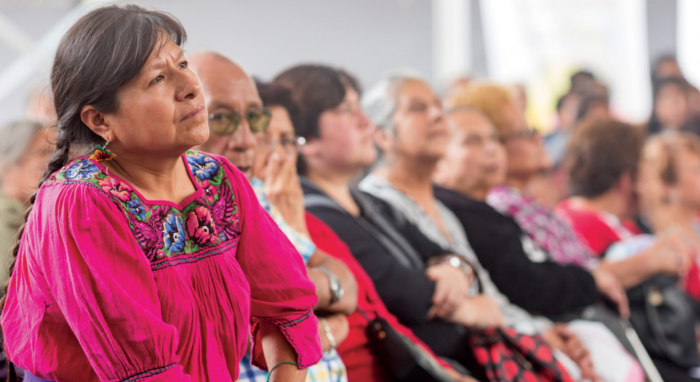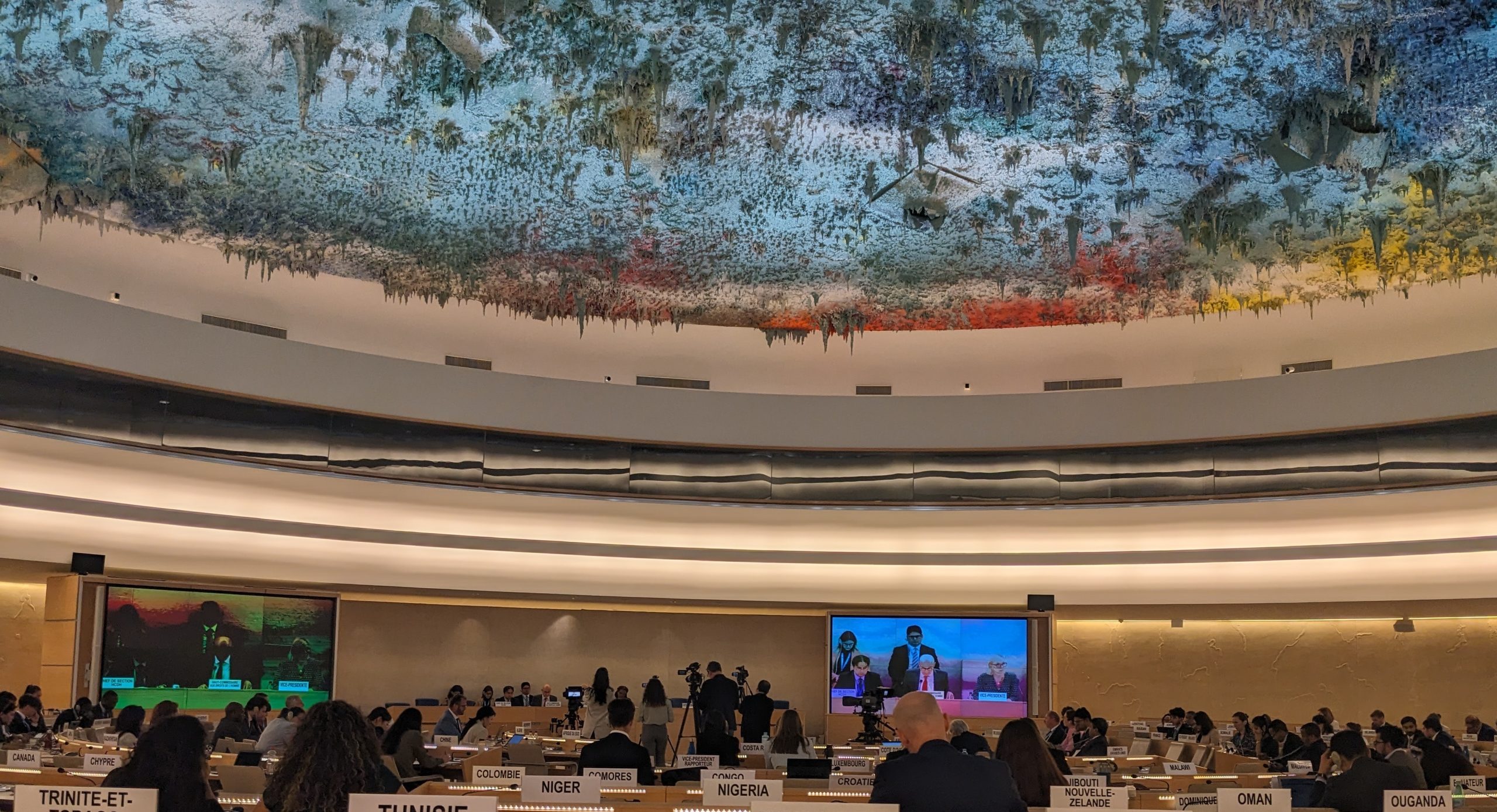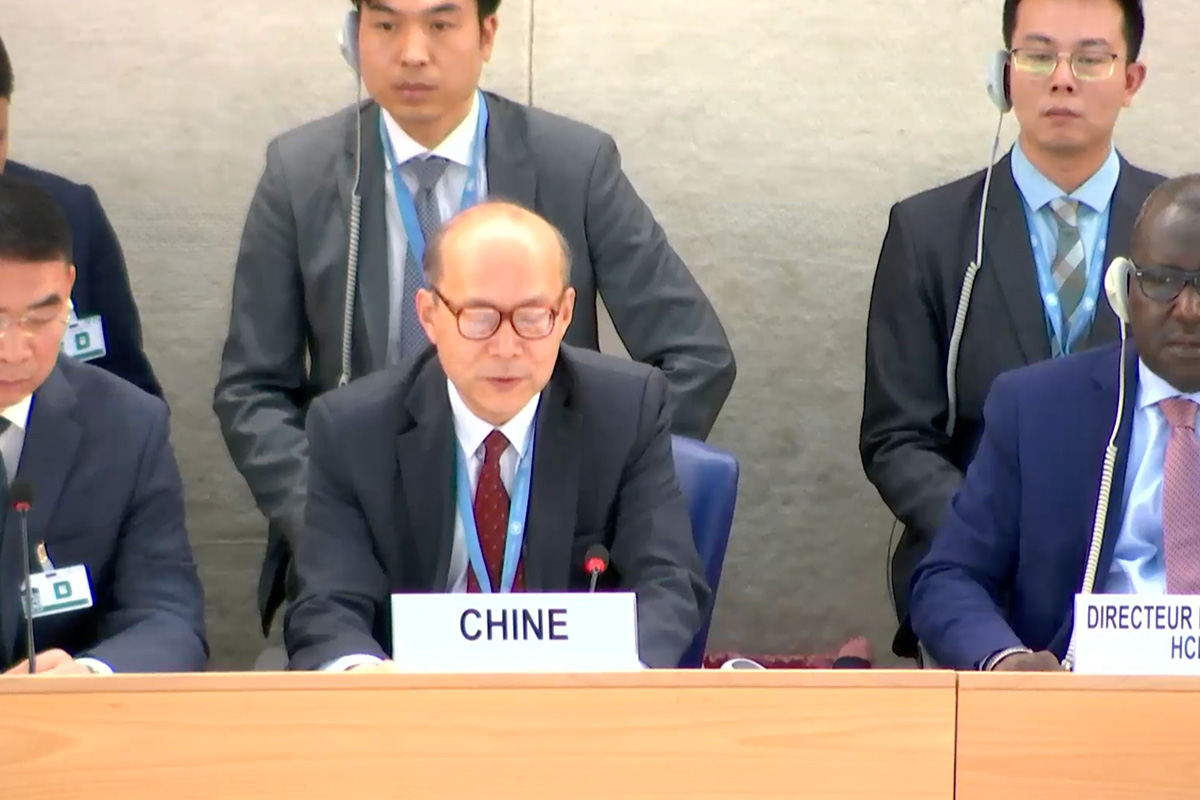ISHR launched its new study at an event on 6 May that brought together Ilze Brands Kehris, UN Assistant Secretary-General for Human Rights, Ambassador James Roscoe of the UK Mission to the UN, the author of the study Janika Spannagel of Global Public Policy Institute (GPPi), as well as Maryam Al-Khawaja, Bahraini Human Rights Defender and International Advocate, and Cristina Palabay, Secretary General of Philippines human rights organisation Karapatan.
ISHR’s study analysed the 709 cases or situations of intimidation and reprisals documented in the UN Secretary-General’s annual reports from 2010-2020 and looked at trends and patterns in the kinds of cases documented by the SG, how these cases have been followed up on over time, and whether reprisal victims consider the UN’s response effective.
Among other things, the study found that nearly half the countries serving on the UN Human Rights Council have been cited for perpetrating reprisals, and that the Middle East and North Africa (MENA) region is disproportionately represented with about one third of the SG’s reporting since 2010.
The study drew several useful conclusions and recommendations, including that:
- additional resources should be provided to the team at OHCHR working on reprisals to further improve reporting, follow-up, coordination, and analysis;
- more robust political action is needed against countries with systematic reprisal and intimidation practices;
- more attention should be devoted to countries with highly restricted civil society and few reported cases;
- further research is warranted into regional disparities;
- all UN entities dealing with HR issues should establish clear protocols on how to prevent and respond to reprisals connected to their work; and
- more sustained attention and follow-up on reprisal cases throughout the UN system is needed to enhance positive impact on victims.

Asked about the UN’s impact on defamation cases in particular, Cristina Palabay shared that the role of the UN is crucial in raising the profile of cases and the work of human rights defenders, especially given the prevalence of dis-information. She suggested the UN work with tech companies and media organisation to better monitor and document defamation and smear campaigns.
Asked about the wave of reprisals in the wake of the Arab spring in the MENA region and Bahrain, Maryam Al-Khawaja urged stakeholders to look at all relevant factors including funding to rights groups on the ground, the role of some States in enabling perpetrating States, and lack of sustained follow up on cases.

The ASG welcomed the study, and took on board its findings and recommendations, noting that additional resources would support the implementation of the recommendations to carry out further analyses, follow up on cases, and ongoing efforts to coordinate the response to reprisals across the UN.
Ambassador Roscoe underlined the role of States in raising cases of reprisals and the role of both private and public diplomacy depending on the situation. He also noted that additional scrutiny on reprisals records would be beneficial in considering candidates to UN bodies including the Security Council.
The event was recorded and can be viewed here.






